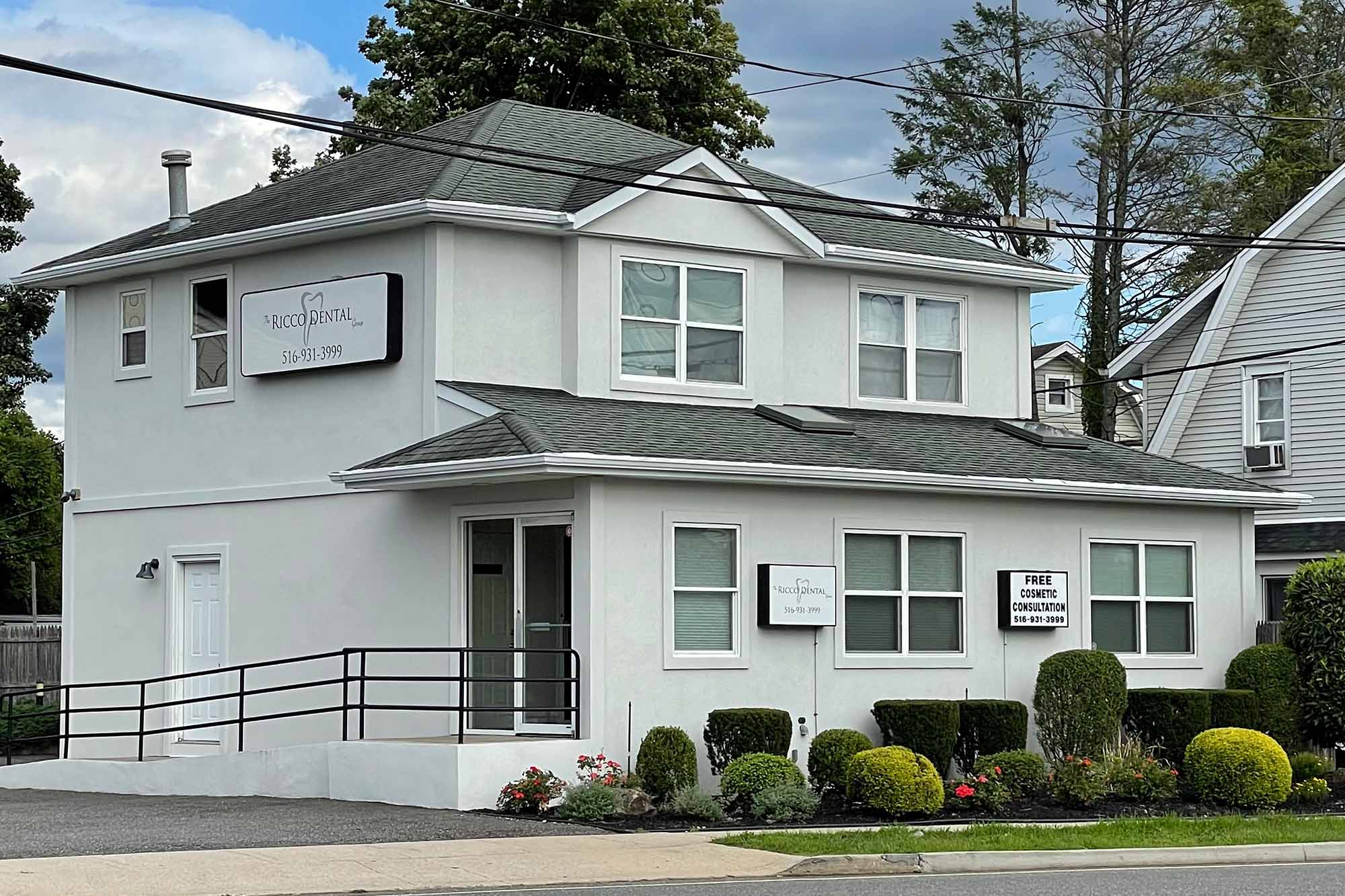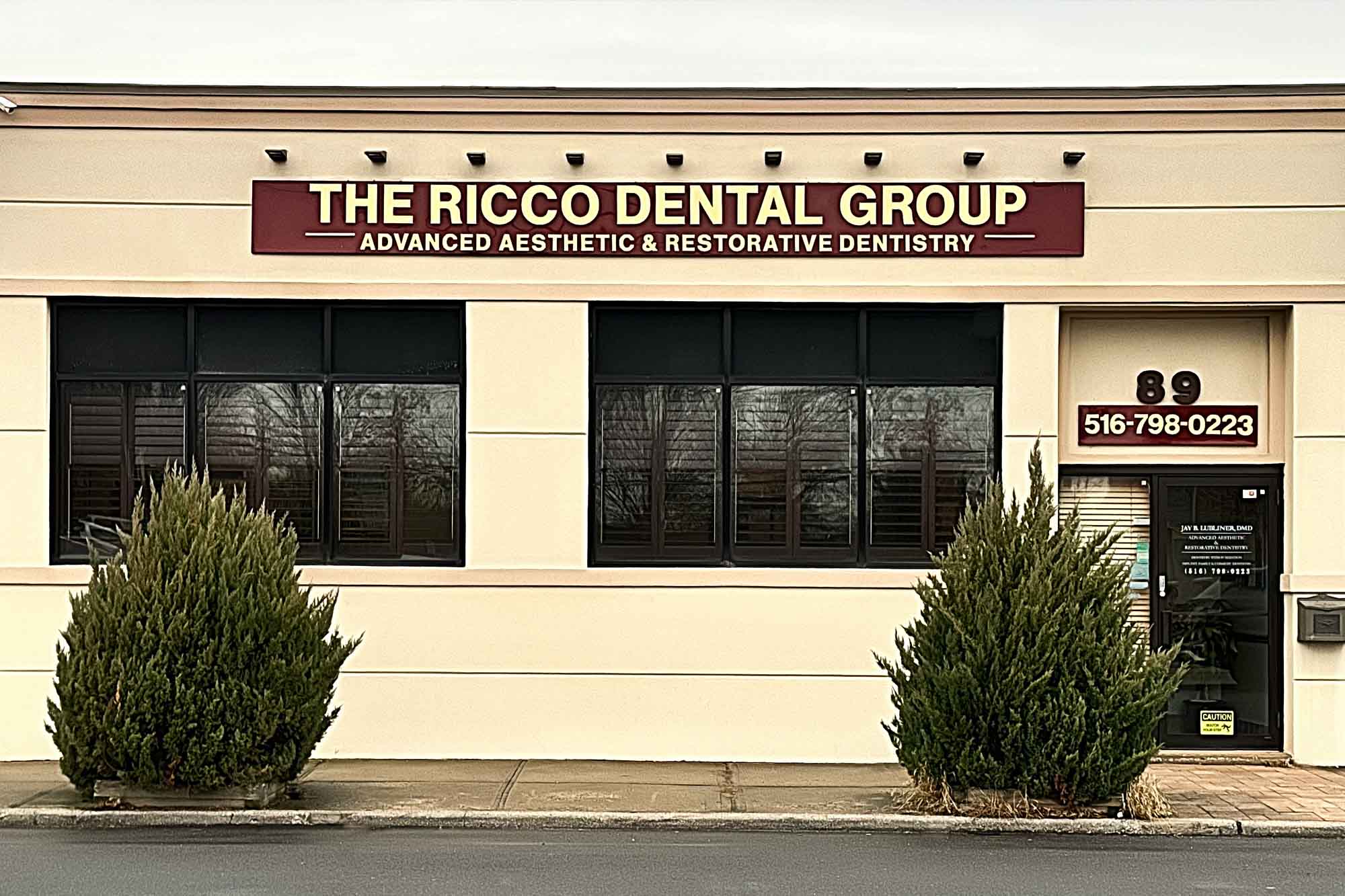Is Composite Bonding Right for You?

Composite bonding, also known as dental bonding, is a technique used to improve the appearance of damaged or cracked teeth. To help alter the shape of your teeth, a dentist adds a putty-like resin before permanently bonding them.
Bonding helps close gaps, repair chips, and change the shape and color of a tooth. And unlike many other cosmetic treatments, composite bonding is entirely reversible.
Is composite bonding right for you? Keep reading for some advantages and disadvantages, as well as ways to determine if you’re a good candidate for bonding.
Advantages of Composite Bonding
Many patients consider composite bonding because it’s low in price, has a minimal time commitment, and the results are immediate.
The bonding is much more affordable than dental porcelain, and the treatment is completed during a single visit. Additionally, local anesthesia is typically not required. This lowers the cost and health risks when compared to other alternative treatments.
When patients choose composite bonding over other alternatives like veneers and crowns, less of their natural tooth is removed. Plus, composite bonding has the ability to be easily repaired if cracked – unlike veneers and crowns.
Disadvantages of Composite Bonding
Like all dental treatments and techniques, there are a few disadvantages of composite bonding to take into consideration.
First, it’s important to note that composite bonding will not cover as much damage as porcelain veneers. Bonding cannot cleanly hide wide gaps and extensive damage, whereas veneers simply slip over the teeth and give a more natural look. In small usages, bonding does help create a seamless blend with existing teeth, but the resin typically does not match the sheen and translucence of natural teeth.
Depending on your oral health and hygiene, bonding materials last between three and ten years. This timeline is not near as long as porcelain veneers, which can last for up to 15 years. Bonding weakens over time, especially if you have bad habits such as biting your nails or chewing on pens. Luckily, cracked bonding is easily fixed and inexpensive to repair.
Lastly, the material used for bonding is less stain-resistant than other options. This means taking precautionary measures like avoiding tooth-staining products, coffee, tea, and red wine for at least 48 hours after treatment. After that 48-hour mark, you can consume these beverages, but it’s critical to brush your teeth as soon as possible.
Are You a Good Candidate for Composite Bonding?
Choosing between dental treatments like composite bonding and veneers comes down to a variety of factors. Two of the biggest factors are your overall oral health and personal needs.
Cost also often plays a role in consideration. According to the American Dental Association and American Cosmetic Dentistry, dental bonding is the most cost-effective option. Composition bonding costs between $300 and $600 per tooth, whereas alternatives like veneers cost between $900 to $2500 per tooth.
To determine if composite bonding is right for you, take these factors into consideration:
- Do you have a fractured, chipped, or decayed tooth you want to repair?
- Do you need minimal coverage for that damaged tooth (or teeth)?
- Do you want to enhance the appearance of your smile?
- Do you need to fill in gaps between teeth?
- Do you need to cover an exposed tooth root?
If you answered yes to these questions, then composite bonding is a great option for you. You may not be a good candidate if you have a larger gap to fill between teeth or if you have an overbite.
Learn More About Composite Bonding and Cosmetic Dentistry
There is no cosmetic dental procedure that is perfect for every patient. If you qualify for composite bonding, then it’s an inexpensive and quick way to improve your smile dramatically. However, if you have extensive damage that needs to be repaired, bonding is not your best option. The Ricco Dental Group specializes in cosmetic dentistry procedures such as porcelain veneers, removable dentures, teeth whitening, and composite bonding. Contact us today at 516-931-3999.




